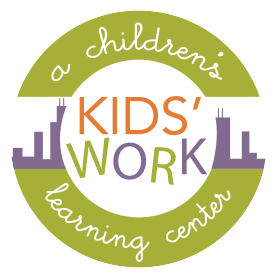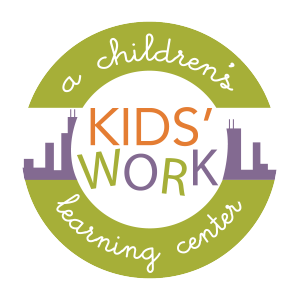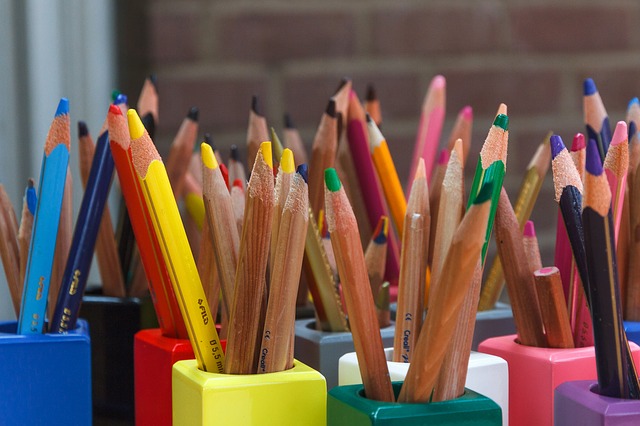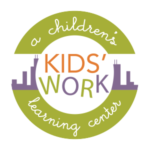Preschool is an early childhood education opportunity that kids age 3-5 can go to before beginning kindergarten and compulsory education. Sending your kids to preschool does a number of things to help your child to be prepared for kindergarten, and give them a strong start and smooth transition into the life of a student and learner.
Here are a few ways that going to preschool sets your child up to be a well-equipped, successful student, classmate, and peer:
-
Getting used to being in a formal school setting
For many kids, going to kindergarten is their first exposure to formal schooling and being in a classroom with other classmates all day. Preschool is very helpful in aiding this transition because it gives them a taste of being in a classroom setting, and with other children in that sort of environment, beforehand.
-
Learning how to socialize in a school setting
In a preschool classroom, kids learn how to behave socially in a formal school setting. They will learn things like how to raise their hands, take turns, focus on the teacher, listen when others talk, wait their turn to talk, contribute to circle time, share the teacher’s attention, follow instructions, be in a class without Mommy or Daddy there too, go to school for a large part of their day, etc. All of these things are very valuable experiences to have already had in preschool, because then they will already know those things when they arrive in kindergarten the next year.
-
Learning new things with peers in an organized environment
Fun and learning social skills is what school is about for small kids. Preschool is a great way for kids to get both in a structured and organized environment, facilitated by a trained professional. Being read to, having costumes and “props” available to fuel imaginative play, building forts, playing games, having a group of kids come together to create make-believe homes or shops, etc., all of these things that preschools and preschool teachers facilitate in an organized way helps children progress from solitary play, to more advanced shared play, to complex group play.
-
Learning how to separate from the parents
One of the best things that preschool does is eases the separation anxiety many children feel when they are first dropped off for their first days of kindergarten. By exposing them earlier and more gently and gradually (perhaps a few hours or just a few days a week instead of every day) to the idea that Mom and Dad are going to leave but they’ll be back, it normalizes the experience for them in a way that will make for an easier transition to kindergarten.
Otherwise, going from having your child spend all day long with you every day to suddenly then just dropping him off and leaving him at school for an entire day could be quite a shock to the system, resulting in tantrums, fits, and not wanting to go to school – or not being prepared to learn when they are there.
-
Forming a foundation for acquiring academic skills
Tracing shapes of letters and numbers, playing rhyming games, matching games, counting games, drawing and identifying shapes, telling stories, singing alphabet songs while looking at a picture book of letters, learning songs and chants, etc., are all examples of things that are done in preschool that form strong pre-reading and pre-writing skills that will help greatly with the work that children will do with letters, numbers, and sounds in kindergarten. Preschool isn’t really about learning academic skills yet, but it does create a foundation upon which it will be easier to build them next year in kindergarten.
If you want to foster a love for learning, and confidence and ease in the classroom for your small child – and your young, budding student – then sending them to preschool in the year before they start kindergarten is a great way to do it.




